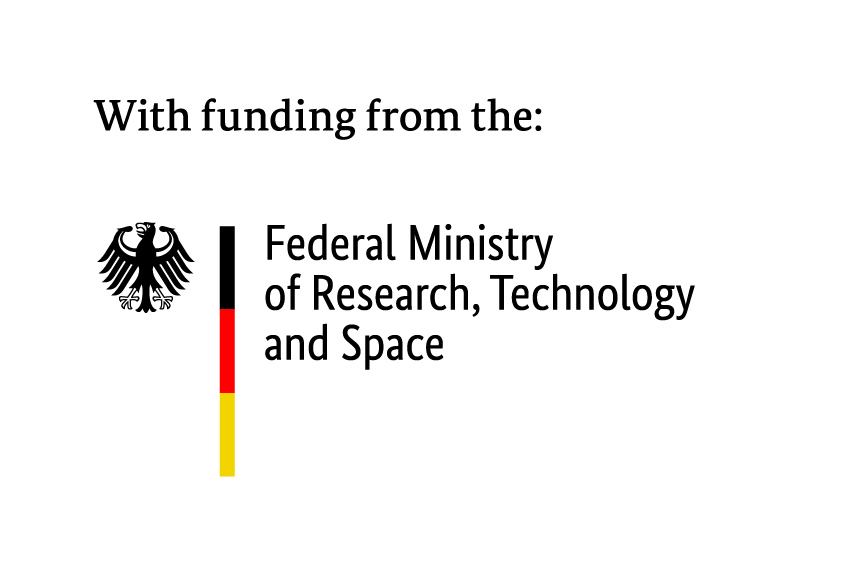CHANSE program “Transformations: Social and cultural dynamics in the digital age” with €1.561.633 (Freiburg lab: €180.100 funded by BMBF): Ruth Ogden (project leader; Liverpool John Moores University), Nuria Codina (University of Barcelona), Filip Vostal (Institute of Philosophy of the Czech Academy of Sciences), Chantal Martin-Soelch and Omar Abou Khaled (University of Fribourg, Switzerland), Marc Wittmann (Institute for Frontier Areas of Psychology and Mental Health, Freiburg), Joanna Witowska (Maria Grzegorzewska University).
Mind and Matter
Over the last two decades, the use of digital technologies in our professional, social and private lives has increased significantly. As a result, many people now live in a state of “permanent connectivity”, enabling them to be accessible anytime, anywhere and to seek information and inspiration with greater ease and immediacy than ever before. As a result, the traditional boundaries between work and leisure are becoming increasingly blurred and the pace of life is accelerating. This is partly because the pace of daily life is now dictated by digital devices.
How exactly the increasing use of digital technologies affects the availability of time, our use of time and our experience of temporality is still unknown. On an individual level, it is unclear whether digitalization increases time availability and well-being or reduces free time and quality of life. On a societal level, it is unclear whether increasing digitalization has a unifying or divisive effect on the European perception of time.
What is the Goal?
We want to find out how and why the perception, use and allocation of time is influenced by the personal degree of digitalization and cultural norms and how this affects the quality of life.
This will be achieved through a series of studies using interviews, online questionnaires, psychophysiological recordings and real-time behavioral analysis.
The data is collected in the Czech Republic, Germany, Poland, Spain, Switzerland and the United Kingdom to enable cross-cultural comparisons within Europe.
Staff: Dr. Julie Papastamatelou
